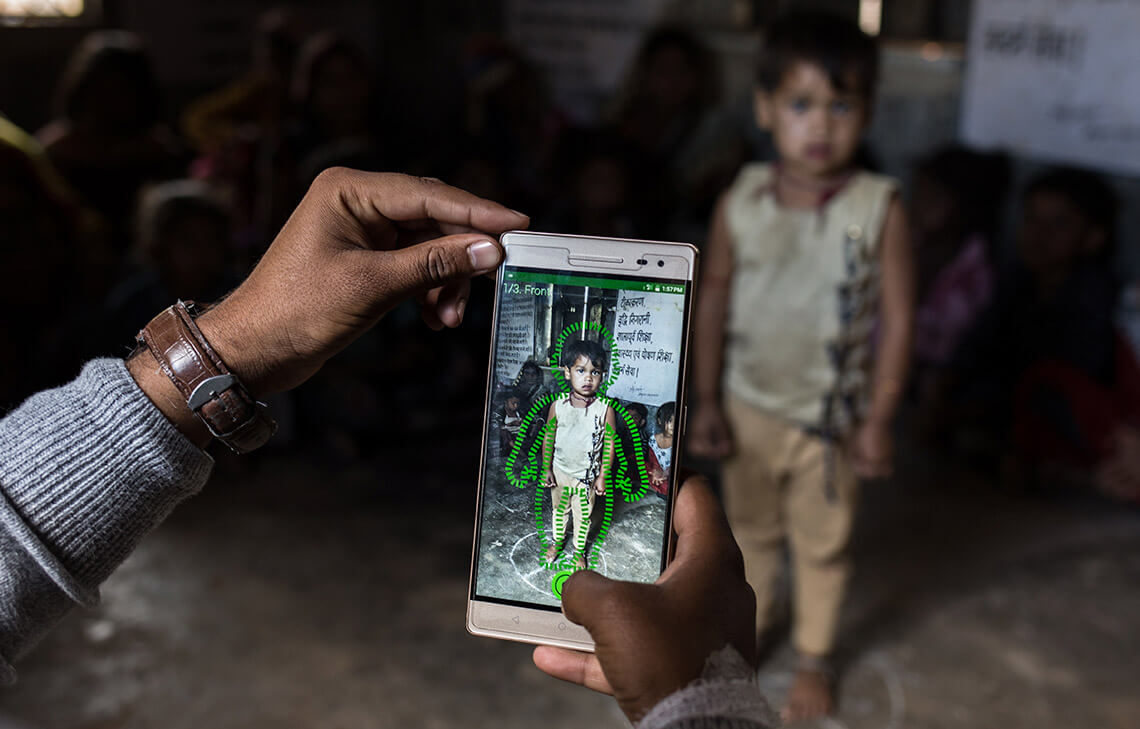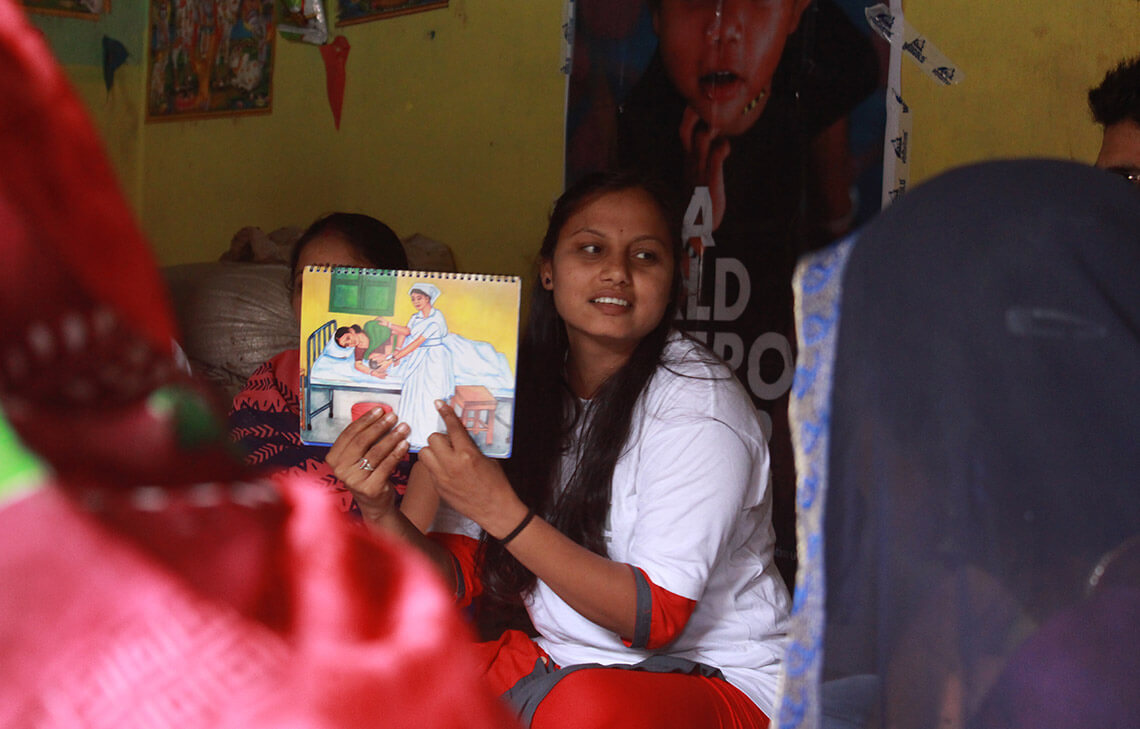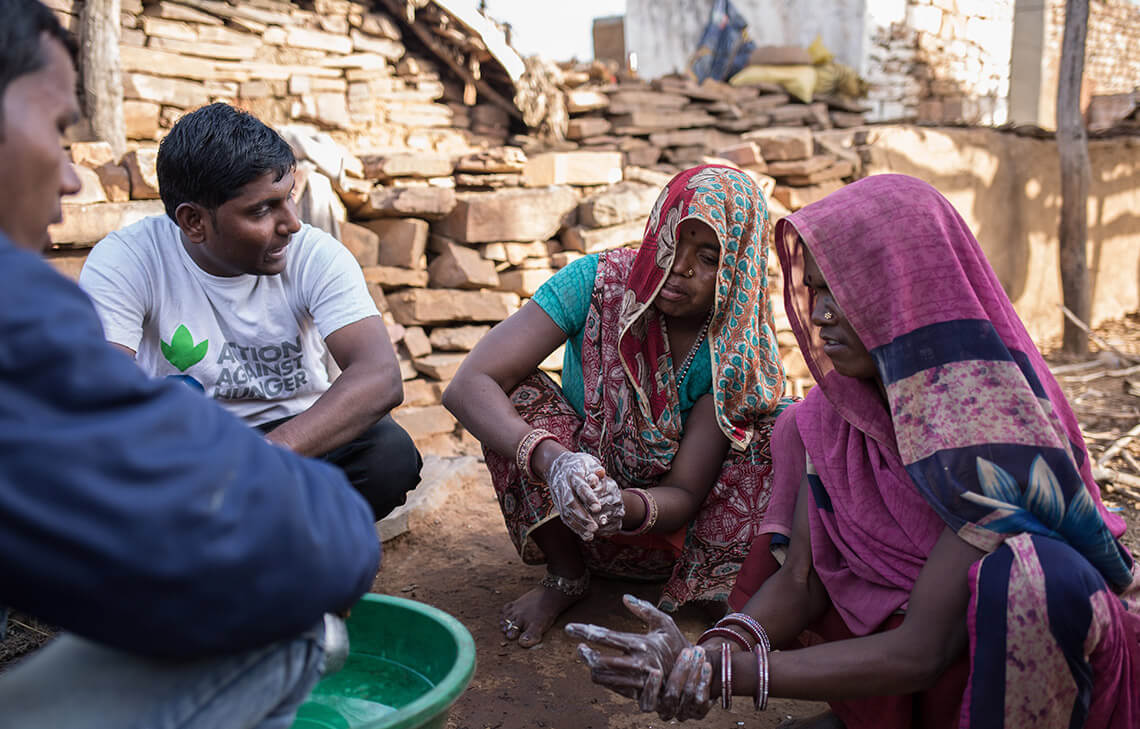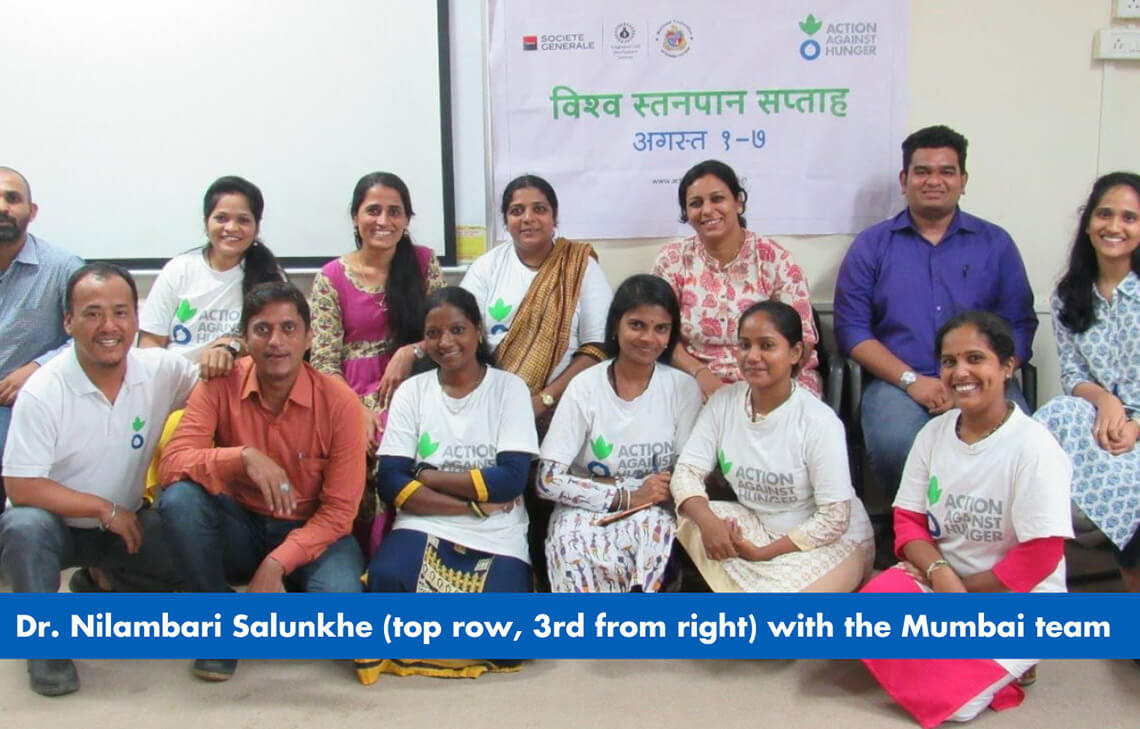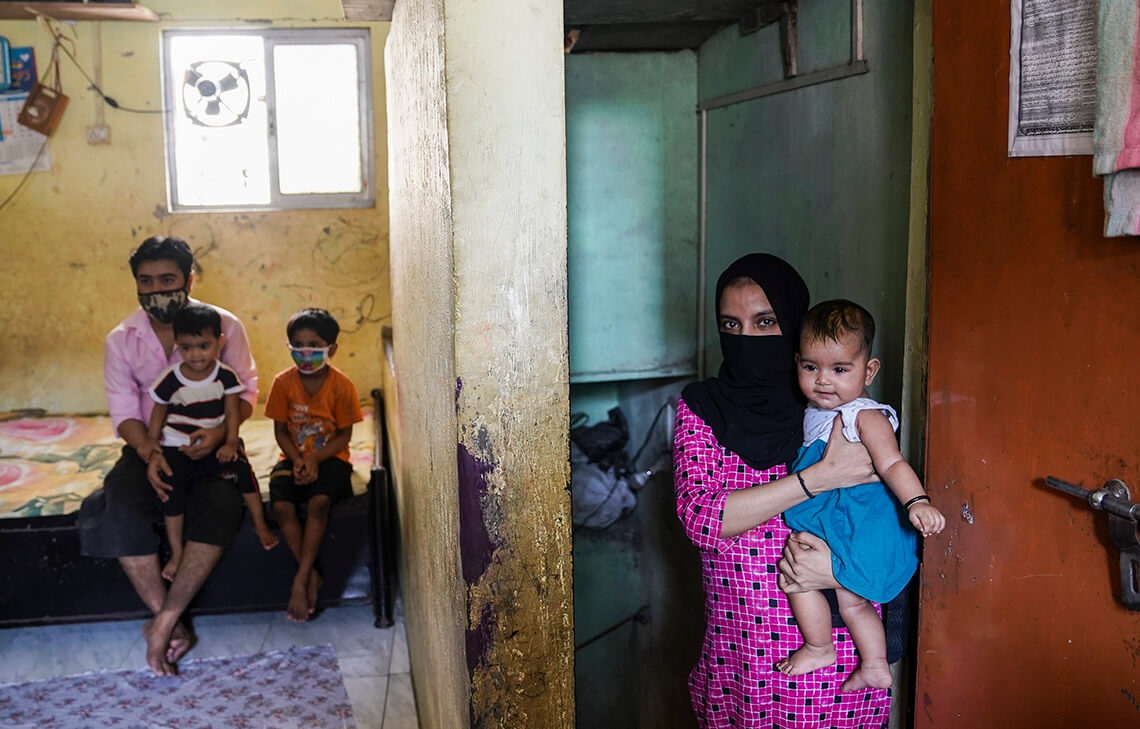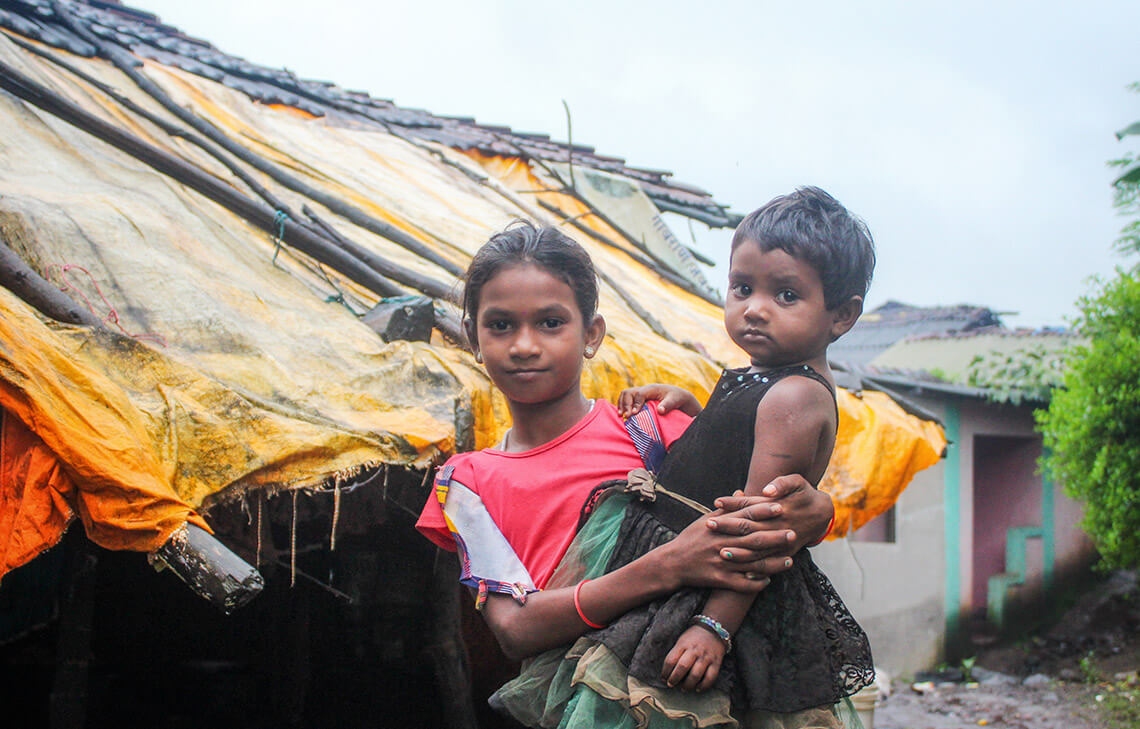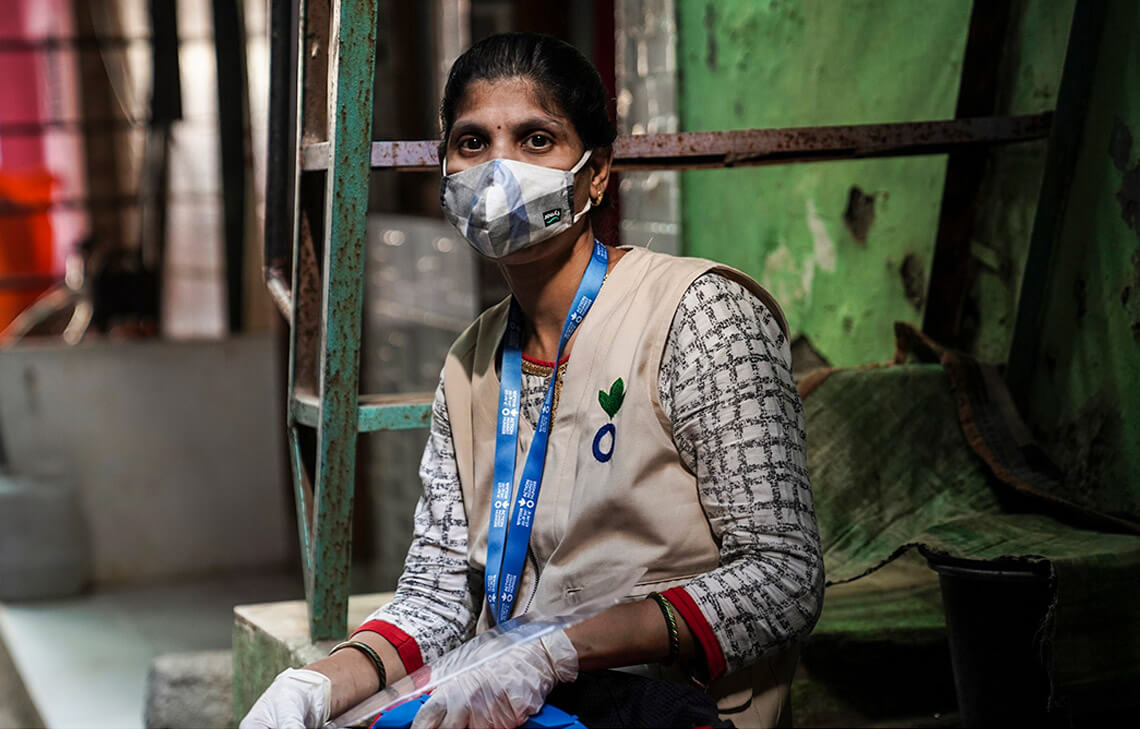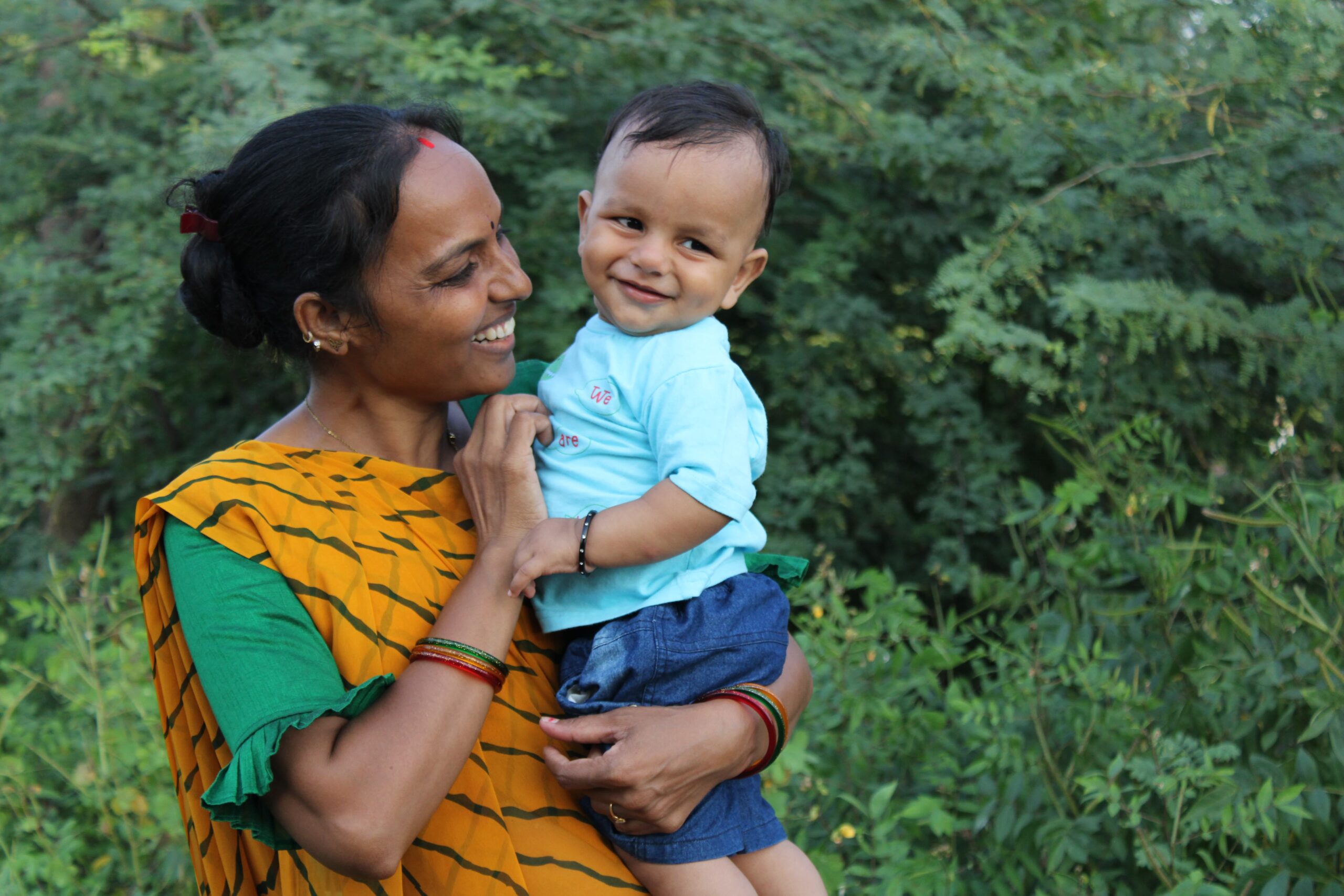The key to successfully treating malnutrition in children is early detection. Timely treatment and corrective measures can prevent irreversible damages and growth delays that acute malnutrition results in. But often this can be tricky due to multiple factors. Delay in reaching remote families and human error in conventional way of measurements is often an issue, while children from families on migration are completely disconnected from health monitoring services such as Anganwadi workers. With no way of identifying signs of malnutrition early on, migrating families often find out when it’s too late.
To solve this issue and help parents keep a tab on the health status of children, German non-profit Welthungerhilfe (WHH) joined hands with Microsoft to develop an easy to use app that helps identify malnutrition in children. Known as the Child Growth Monitor (CGM) the app uses an infrared sensor available in smartphones to capture 3D measurements of a child’s height, body volume and weight ratio, as well as head and upper arm circumferences. These measurements then go through an algorithm supported by Microsoft AI solutions and reports the health status of a child.
Action Against Hunger partnered with WHH for piloting this application on the field to improve the algorithm’s accuracy. In the initial phase we conducted 10,000 scans of children across Maharashtra, Madhya Pradesh and Rajasthan. These include both application scans and manual ones to help the app understand deviations from accurate measurements and increase its efficiency through continuos machine learning. All one has to do is launch the application point it to a child so that he / she fits into the silhouette on the screen, scan the front and back of the child and ask the child to rotate 360 degrees and record it. That helps the application capture 13 coordinates points on the body and calculate the child’s growth.
Having gone through improvements fed by large scale data, the current phase of trials in Rajasthan showing promise, the application launch isn’t far. Once launched parents and health workers would be able to track the health of children, save crucial time and provide them lifesaving treatment.
Apart from Action Against Hunger, WHH is working with Mahatma Gandhi Seva Ashram (MGSA) and Darshna Mahila Kalyan Samiti to pilot this application.
Read more about Child Growth Monitor.
